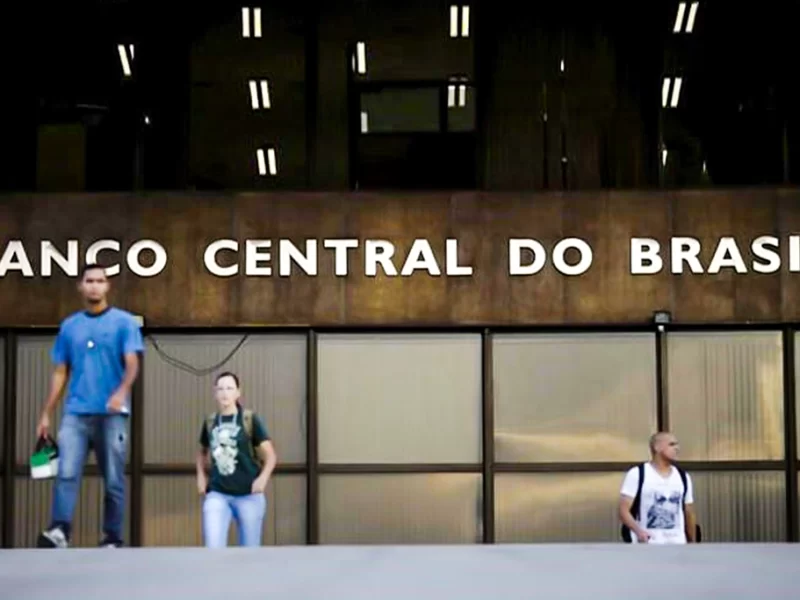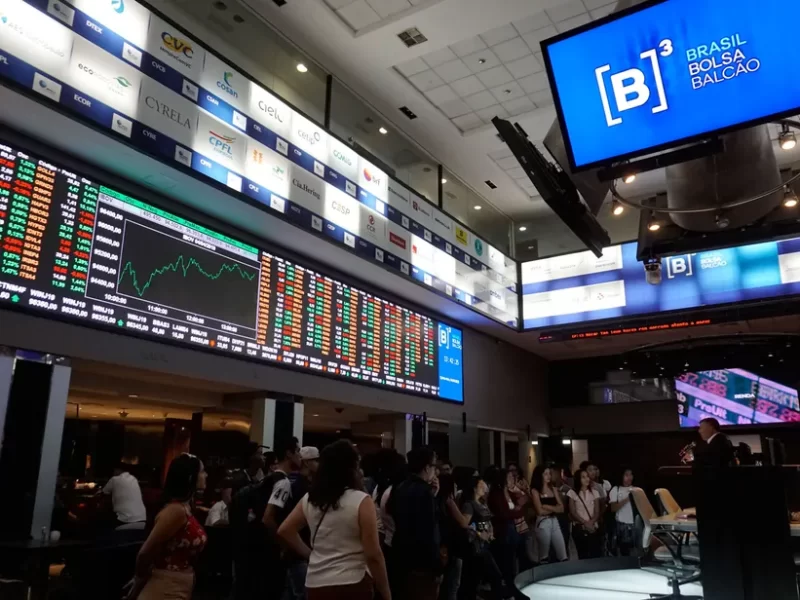Brazil’s real estate investment trusts (REITs) suffered their sharpest decline in two years this September. Monetary tightening in Brazil has affected these funds, pushing the sector’s core index into negative territory for 2024.
The decline in the index has brought a loss of 0.16% for the year so far. This small decline follows several consecutive increases in the first half of 2024. During that period, REITs saw $20 billion in offerings on the B3 exchange.
REITs continued to advance in July and August, boosted by funds focused on real estate receivables. These “paper funds” have shown the best performance this year, with an increase of 3.4%.
Larissa Gatti Nappo, an analyst at Itaú BBA, notes the renewed interest of investors in this category. Flávio Pires, a REIT analyst at Santander, recommends a more defensive portfolio to preserve dividends.
It suggests hybrid funds with long-term contracts from large companies and reduces exposure to products negatively affected by the Selic rate.


BTG Pactual has also adopted a conservative approach to its portfolio. They have reduced funds with greater exposure to inflation indices and increased those indexed to the CDI.
For “brick funds”, which hold real assets, they prefer more diversified options. Among brick-and-mortar funds, office-focused REITs have performed the worst, with quotes down 8.8% this year.
However, this decline reflects weak data, with São Paulo’s office vacancy rate rising slightly to 21.4% in the first quarter of 2024. Rio de Janeiro’s vacancy rate remains above 30% .
Impact of rising interest rates on REITs
Rising interest rates in the future have increased the attractiveness of government bonds, putting REITs at a disadvantage.
Higher interest rates have also had a negative impact on shopping center funds, which have fallen by 3.7% this year through September.
Logistics warehouse funds, a favorite among managers, remained almost flat with a slight increase of 0.1% from January to September 2024.
The sector’s vacancy rate improved to 9% in Q2 2024, one of the lowest on record. Office REITs show the largest discount between market value and book value at 30%.
Logistics funds have a discount of 12%, shopping centers 10%, financial instruments funds 9%, and fund of funds 6%. The BTG Pactual report highlights dividend yields, with multi-strategy funds offering the highest average at 12.8% per annum.
In short, real estate receivables follow with 12.3%, and urban income funds with 11.5%. Logistics warehouses averaged 10.3%, corporate boards 10.5%, and shopping centers 9.1%.



